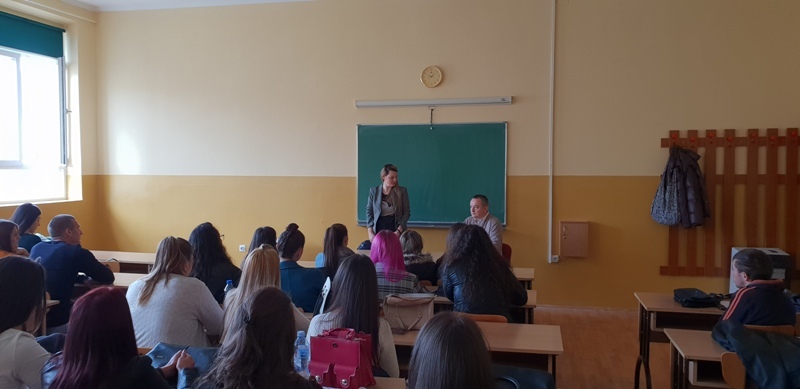VESTI Online "Tar and feathers without condemnation"
Tar and feathers without condemnation
Leader of the Radical Party, Vojislav Seselj, threatened a member of Democrat Party, Aleksandra Jerkov, with tarring and head-shaving, while all Serbian institutions, except for the Commissioner for the Protection of Equality Brankica Jankovic and a number of opposition MPs ignored these threats, the same as last year when the leader of Serbian Radical Party called his colleague "Ustasha whore".













 FACEBOOK
FACEBOOK TWITTER
TWITTER YOUTUBE
YOUTUBE